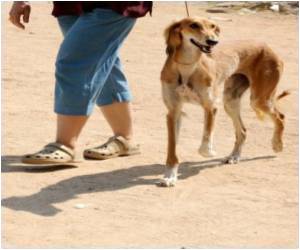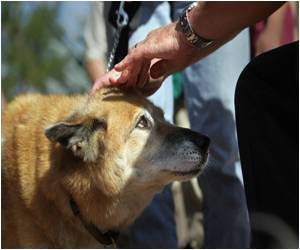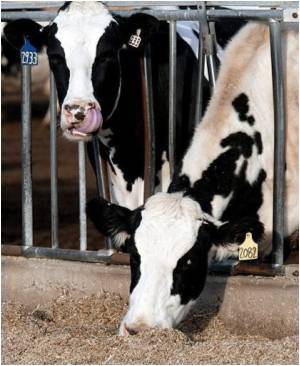Rubaiya Ahmad, animal activist in Dhaka saves dogs from cruel culls.

"I took Kastanka's body out of the truck, buried her and then pledged that I would stop this brutal dog culling once and for all," she told AFP in her one-room apartment which she shares with three dogs and six cats.
Rubaiya set up Obhoyaronnyo (Sanctuary) and launched a campaign to convince authorities in Dhaka -- a fast-growing megacity of 13 million -- that culling is not the best way to deal with their 150,000-strong stray dog population.
Two years on and the 35-year-old University of Texas graduate has achieved more than she ever imagined. In 2011, for the first time ever, Dhaka has not launched a mass dog cull.
Usually, every year in July the Dhaka City Corporation starts its culling drive in a bid to stamp out rabies, which official figures say kills more than 2,000 people a year in Bangladesh.
Teams of people, armed with iron tongs, sticks and lethal injections, are sent out to capture and kill any dog found roaming the streets. Most often, activists say, the dogs are simply beaten to death.
Advertisement
"We have stopped culling except some emergency cases, such as when rabid dogs attack schoolkids," he told AFP.
Advertisement
"Mass dog culling is counter-productive. It does not contain the dog population or control rabies -- it only aggravated the situation," he said.
"We killed dogs by the thousands. But immediately after a cull, the streets fill up again with new dogs, many of whom are rabid, coming from Dhaka's suburbs," he said.
Sterilisation and vaccinations are better ways of managing the city's dog problem, Ali said.
"The way we culled dogs was inhumane. Dogs have been the friends of humans for thousands of years, yet we were killing them," he said.
Next month, Obhoyaronnyo and Bangladesh's Health Department will send six Bangladeshi vets to the Indian city of Jaipur to learn how sterilisation can work to control the stray dog population in a city.
The training is being funded by US-based pet rights group Humane Society International, which is also bankrolling the initial cost of launching Bangladesh's new dog sterilisation programme.
"Once we have the trained vets and the necessary infrastructure in place for sterilisation and vaccination of street dogs, we'll even stop the emergency cullings," said Ahmed.
It is a swift victory for Rubaiya, who only returned to Bangladesh in 2006 after spending a decade in the United States.
The moment she was back in Dhaka, she fell in love with street dogs and turned her tiny Dhaka apartment into a mini-sanctuary.
"Nowhere in the world are dogs treated so badly as in Bangladesh," she said.
Many religious citizens in this Muslim-majority nation -- including Rubaiya's parents, who initially didn't understand her animal rights work -- consider dogs "unclean," and do not care how they are treated, she said.
"This attitude gave the authorities a licence to kill dogs. We have struggled to drive home the message that Islam as a religion does not prescribe brutal treatment of dogs," she said.
Obhoyaronnyo works primarily with city authorities, but has also turned to social media such as Twitter and Facebook to organise protests.
In February, hundreds of animal lovers, including the wife of the Canadian envoy in Dhaka, marched to the DCC's main office holding placards and shouting "don't kill, sterilise".
"The DCC did not realise that so many people, including children and students would turn out," said Mahrukh Mohiuddin, a protest organiser and Obhoyaronnyo member.
"We managed to send the message that culling must stop. Sterilisation is the best, affordable and most effective way to stop rabies," she said.
For years, the image of her puppy Kastanka lying dead in the dog-culling team's truck gave Rubaiya nightmares. But now she says she can finally sleep in peace.
"I'm happy for all Dhaka's dogs -- at last there will no more death squads chasing them," she said.
Source-AFP









